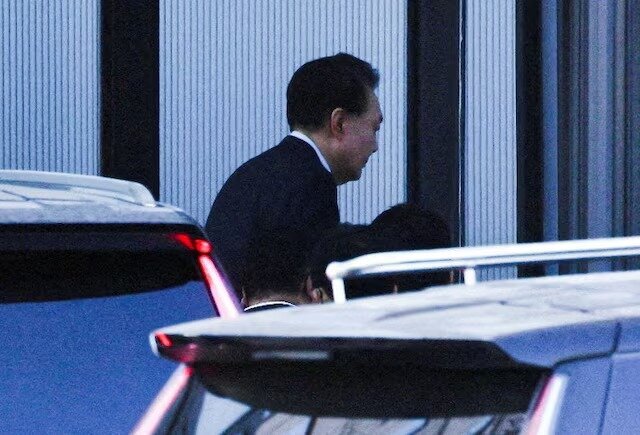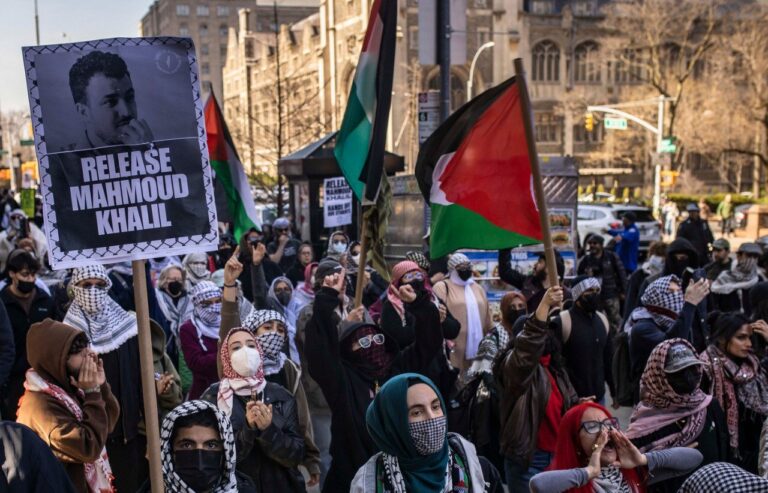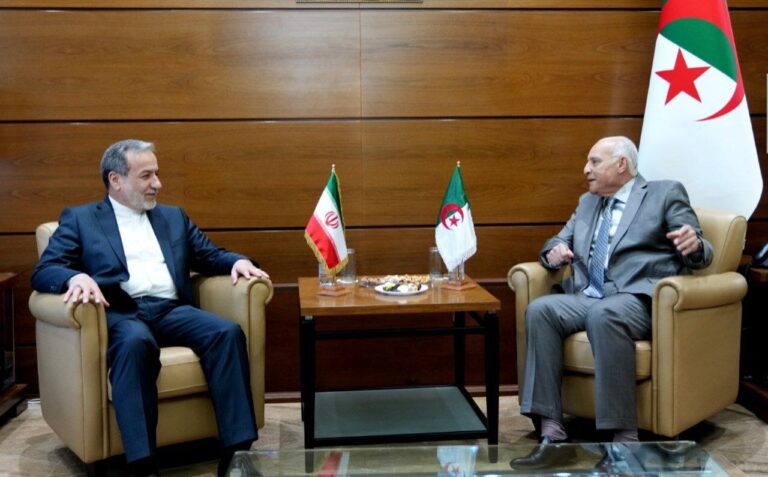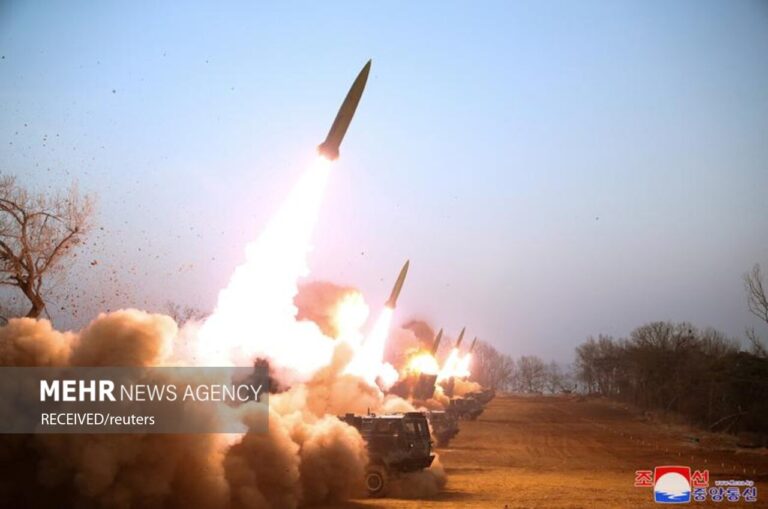South Korea’s President Yoon Impeached: Court Ruling Confirms Ouster in Historic Decision
The recent unanimous ruling from South Korea’s Constitutional Court marks a significant turning point in the nation’s political landscape, effectively concluding months of turmoil that have hindered efforts to address the challenges posed by the new administration of U.S. President Donald Trump. This ruling not only paves the way for a presidential election but also highlights the importance of political stability within Asia’s fourth-largest economy.
According to the constitution, a presidential election must be held within 60 days of this landmark decision. Until the new president is inaugurated, Prime Minister Han Duck-soo will continue to serve as the acting president, as reported by the Reuters news agency.
“The Constitutional Court’s unanimous ruling has removed a major source of uncertainty,” stated Professor Leif-Eric Easley from Ewha University in Seoul. He emphasized the urgency of this ruling, noting the various challenges that the next administration in Seoul will face, including:
- North Korea’s military threats
- China’s diplomatic pressure
- Trump’s trade tariffs
Acting Chief Justice Moon Hyung-bae articulated that former President Yoon violated his duties with a martial law declaration issued on December 3, 2022. This action was deemed to be beyond his constitutional powers and represented “a serious challenge to democracy.” Moon further stated:
“(Yoon) committed a grave betrayal of the people’s trust who are the sovereign members of the democratic republic,”
He added that Yoon’s martial law declaration resulted in widespread chaos across various sectors, including society, the economy, and foreign policy.
Following the announcement of the ruling, thousands gathered at a rally demanding Yoon’s ouster, with many participants having camped out overnight. The crowd erupted into jubilant cheers upon hearing the news, chanting, “We won!”
One rally attendee, 23-year-old student Kim Han-sol, expressed relief at the outcome, stating, “This took a long time but it’s fortunate that it is a sensible outcome,” as he watched the ruling unfold outside the court.
This ruling underscores the significant role that judicial decisions play in shaping political dynamics in South Korea. It also reflects the heightened sensitivity surrounding the governance of the nation, particularly in light of external pressures from global powers.
As South Korea prepares for the upcoming election, the implications of this ruling will be felt across various sectors. The acting government’s ability to manage both domestic and international affairs in the interim period will be critical. Observers will be closely watching how the incoming administration addresses the pressing issues of national security and economic stability.
In summary, the unanimous ruling from the Constitutional Court is a decisive step towards restoring political order in South Korea. It not only sets a timeline for the upcoming presidential election but also emphasizes the necessity for effective governance in a rapidly changing geopolitical landscape. The new administration will undoubtedly face significant challenges, but this ruling provides a clearer pathway for addressing these issues head-on.
As the country moves forward, it remains to be seen how the new leadership will navigate the complexities of regional relations and domestic expectations. The hope is that this ruling will lead to a more stable and democratic governance structure, ultimately benefiting the citizens of South Korea.
In conclusion, the Constitutional Court’s decision is a pivotal moment for South Korea, signaling a return to democratic principles and the rule of law. The next few months are crucial as the nation prepares for its presidential election and the challenges that lie ahead.






